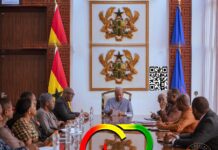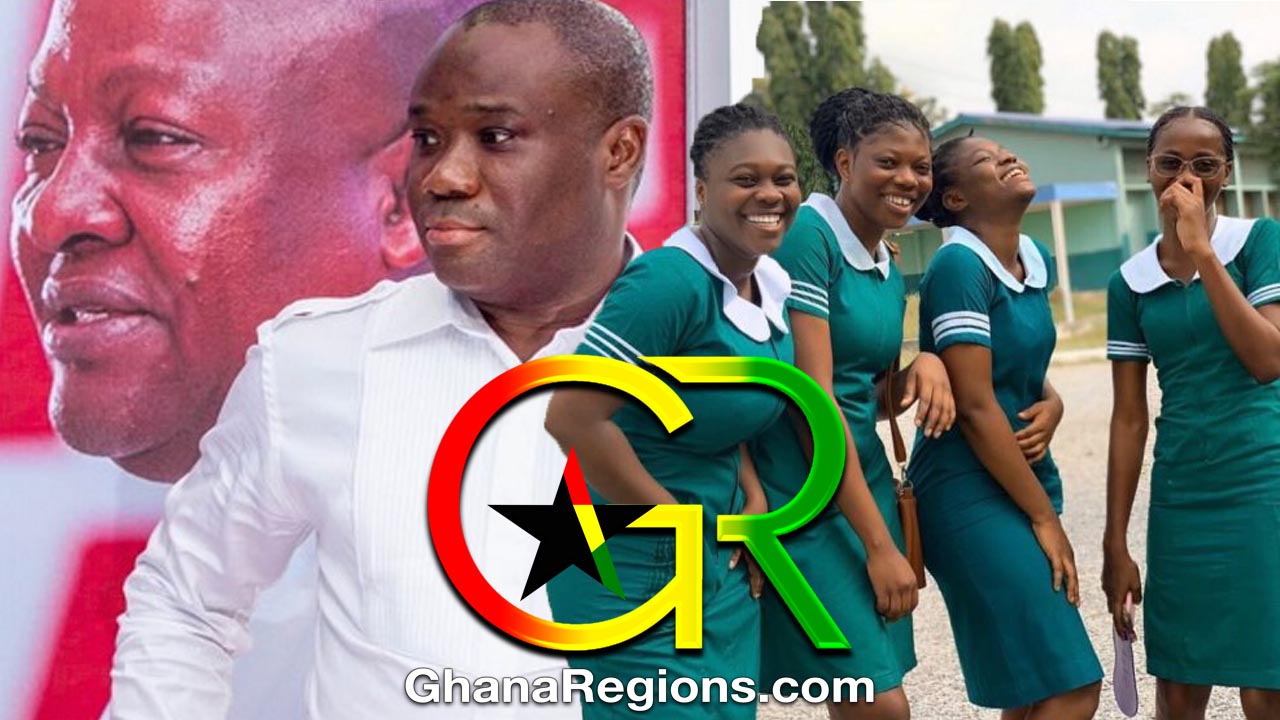
Report reaching GhanaRegions.com indicate that, the Ghana Government spokesperson, Felix Kwakye Ofosu, says the Mahama administration is quietly working behind the scenes to resolve the ongoing nationwide strike by the Ghana Registered Nurses and Midwives Association (GRNMA).
The Abura-Asebu-Kwamankese MP described the situation as dire and insisted that restoring normalcy is a matter of urgency.
“It’s a very serious matter,” he said during an interview on JoyNews’ PM Express on Tuesday, June 9.
“We are talking about the lives of Ghanaians—patients who go to seek health care. The expectation is that all necessary and relevant health professionals would be at post to deliver the best possible health care that one can think of.”
The strike by the GRNMA has entered a critical phase following a failed emergency meeting with the Ministry of Health.
At the heart of the impasse is the government’s request to defer the implementation of the agreed-upon conditions of service until 2026. The association has flatly rejected this.
“It is regrettable they have had to call this industrial action,” Kwakye Ofosu admitted.
“As government, we have been engaged in backroom efforts to have the impasse resolved as quickly as possible, so that they can go back to their posts and render the essential services that they are noted for.”
He said government recognises the irreplaceable role that nurses and midwives play in Ghana’s healthcare system.
“Government holds enormous respect for all health professionals, and in this instance, in particular, the nurses and midwives. We know they play a very crucial role in the health delivery system.”
Quoting a medical doctor, he said, “Somebody remarked to me that a hospital can do without doctors, but it cannot do without nurses. And this is a doctor, actually, who told me this.”
The MP explained that while the government is working to reach an agreement with the GRNMA, it is also exploring measures to reduce the impact of the strike on patients.
“It was important that we updated the Ghanaian public on the steps being taken—one, to address the impasse itself, so that the nurses can go back to work, and two, what measures are in place to mitigate the effects on patients.”
He emphasised the state’s obligation to protect the vulnerable during this period.
“As a government, it’s our responsibility to look out for their welfare and do what we can to ensure that the strike does not imperil them and put them in harm’s way.”
Despite the current stalemate, he remained hopeful that both sides would soon find common ground.
“This is something we need to resolve quickly. The nurses are too important to be away from their posts for long.”




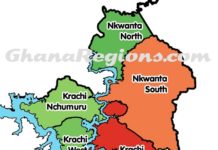



























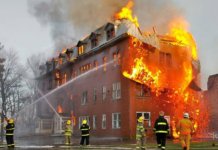


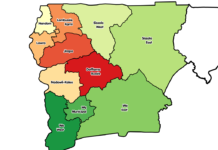
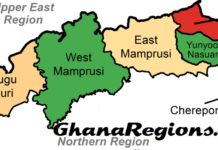













![Morocco knock out Spain on 3-0 penalties to reach FIFA World Cup 2022 quarter-final, Morocco vs Spain (0-0) (3-0) [Video]. Morocco knock out Spain on 3-0 penalties](https://ghanaregions.com/wp-content/uploads/2022/12/Watch-Morocco-vs-Spain-0-0-and-3-0-penalties-218x150.jpg)


























